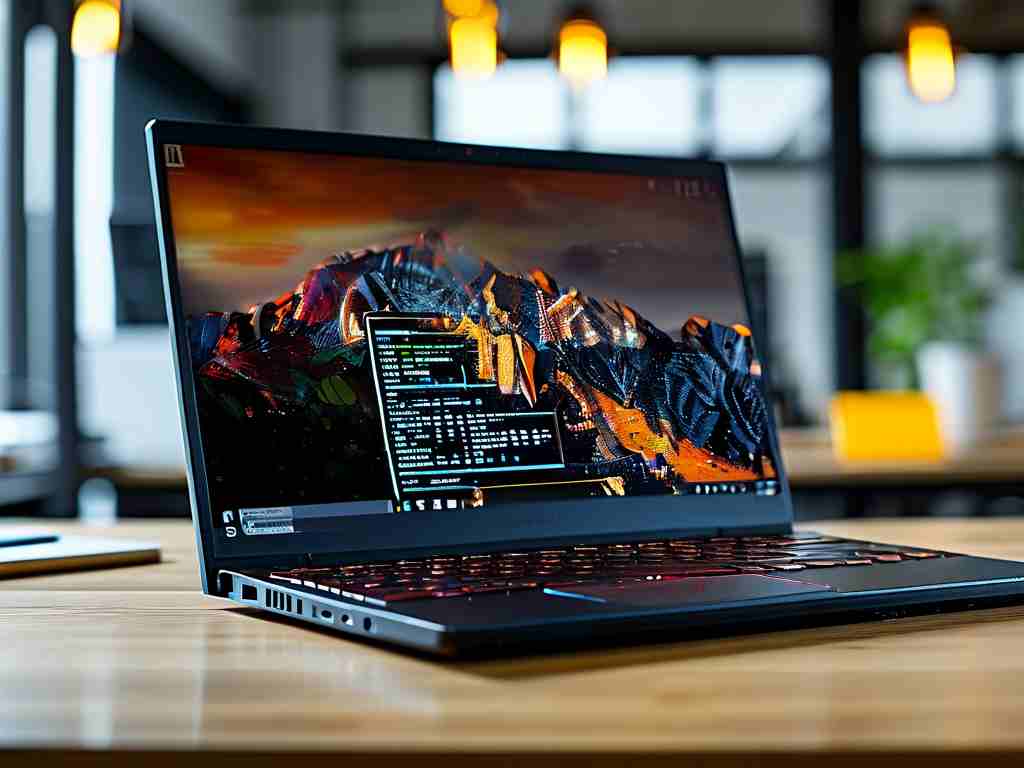Upgrading your computer with a solid-state drive (SSD) should feel like giving it a turbo boost, right? After all, SSDs are lightning-fast compared to old hard drives, promising quicker boot times and smoother performance. Yet, many users find themselves scratching their heads when their machine still stutters, freezes, or lags even after installing one. It's a frustrating puzzle that can turn excitement into exasperation. As someone who's tinkered with PCs for years, I've seen this firsthand in friends' setups and my own experiments. The truth is, adding an SSD is just one piece of the puzzle; other factors often creep in to sabotage your speed gains. Let's dive into why this happens and how you can fix it for good, turning that sluggish system back into a responsive powerhouse.

First off, let's address the elephant in the room: hardware bottlenecks. While an SSD drastically improves data read and write speeds, it doesn't magically overcome limitations in other components. For instance, if your processor (CPU) is outdated or underpowered, it can't keep up with the faster data flow from the SSD. Imagine pouring water through a wide pipe into a tiny funnel—no matter how fast the pipe, the bottleneck slows everything down. Similarly, insufficient RAM can cause lag because your system relies on virtual memory when physical memory runs low. Even with an SSD, swapping data to and from the drive can introduce delays if RAM is maxed out by demanding apps or multitasking. I recall helping a buddy whose gaming rig lagged badly post-SSD upgrade; we discovered his 8GB RAM was barely enough for modern games, forcing constant disk access. Upgrading to 16GB solved the issue instantly, proving that an SSD alone isn't a cure-all for hardware woes.
Another sneaky culprit is software-related issues. Your operating system, drivers, or background processes can drag down performance even with a speedy SSD. For example, outdated drivers might not optimize SSD functions, leading to inefficiencies. Windows or macOS updates can introduce bugs that cause system hangs, and malware or bloatware running in the background consumes resources silently. Think about how antivirus scans or automatic updates kick in at inconvenient times, hogging CPU cycles. In my experience, one common oversight is failing to configure the SSD properly after installation. Many users forget to enable TRIM (a feature that maintains SSD health) or leave disk-intensive settings unchanged. A quick code snippet to check TRIM status in Windows Command Prompt can help: open it as admin and type fsutil behavior query DisableDeleteNotify. If it returns 0, TRIM is active; if not, enabling it might boost responsiveness. Additionally, startup programs can overwhelm your system—too many apps launching at boot can delay SSD benefits. Use Task Manager to disable unnecessary ones and see an immediate improvement.
Beyond that, thermal throttling and disk fragmentation (though less critical for SSDs) can contribute to lag. High temperatures from poor cooling force components like the CPU to slow down to prevent damage, negating SSD speed. Ensure your computer has adequate airflow and clean fans regularly. As for fragmentation, SSDs don't need defragmentation like HDDs, but if the drive is nearly full, it can impact performance. Aim to keep at least 15-20% free space for optimal operation. Also, consider firmware issues with the SSD itself; a quick update from the manufacturer's website can resolve hidden glitches. I've fixed several systems where a simple firmware flash eliminated persistent stutters.
To tackle these problems, start with diagnostics. Run built-in tools like Windows' Performance Monitor or macOS' Activity Monitor to identify resource hogs. Then, implement fixes: upgrade RAM or CPU if needed, update all drivers and OS, scan for malware with tools like Malwarebytes, and optimize startup items. For thermal issues, monitor temps with software like HWMonitor and improve cooling. Finally, maintain your SSD by keeping it clean and updated. With these steps, that SSD upgrade will finally deliver the speed you paid for. Remember, computers are complex ecosystems—addressing the whole picture ensures lasting performance without the lag.

